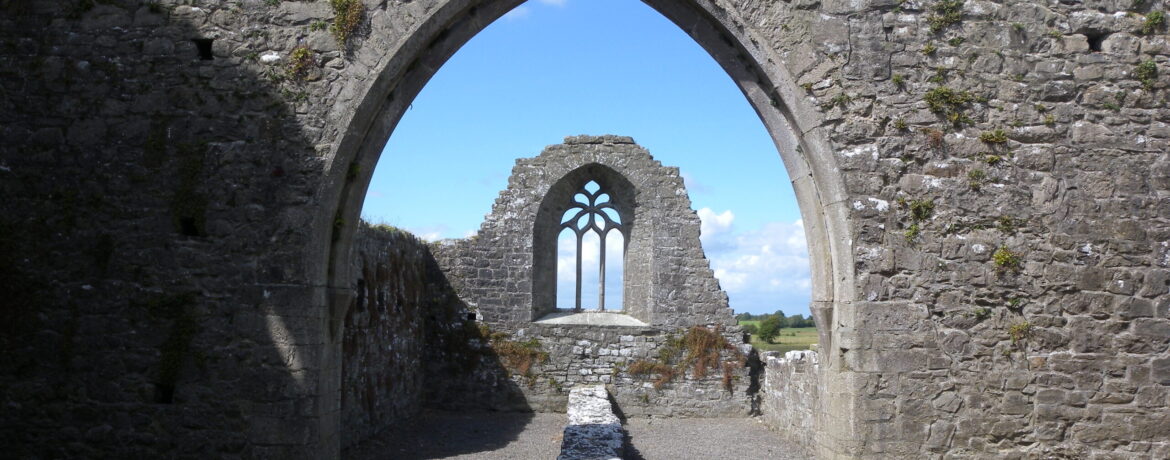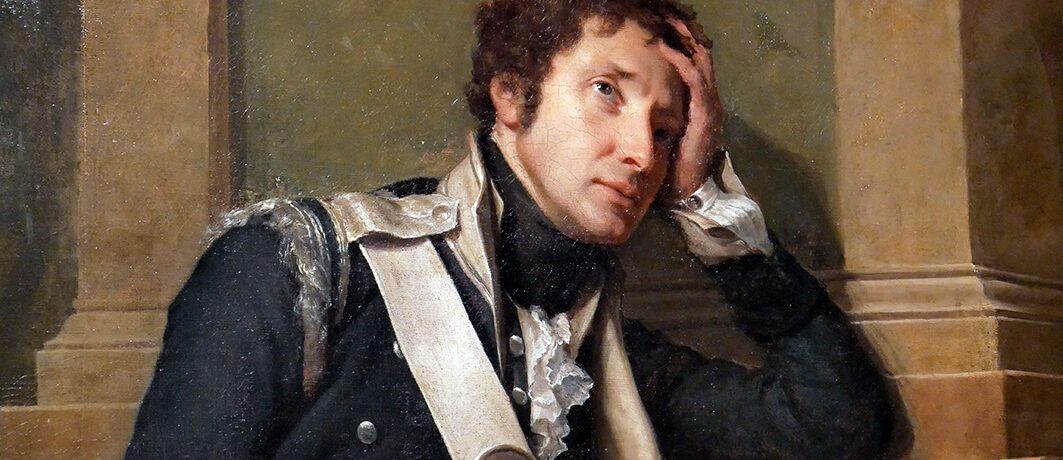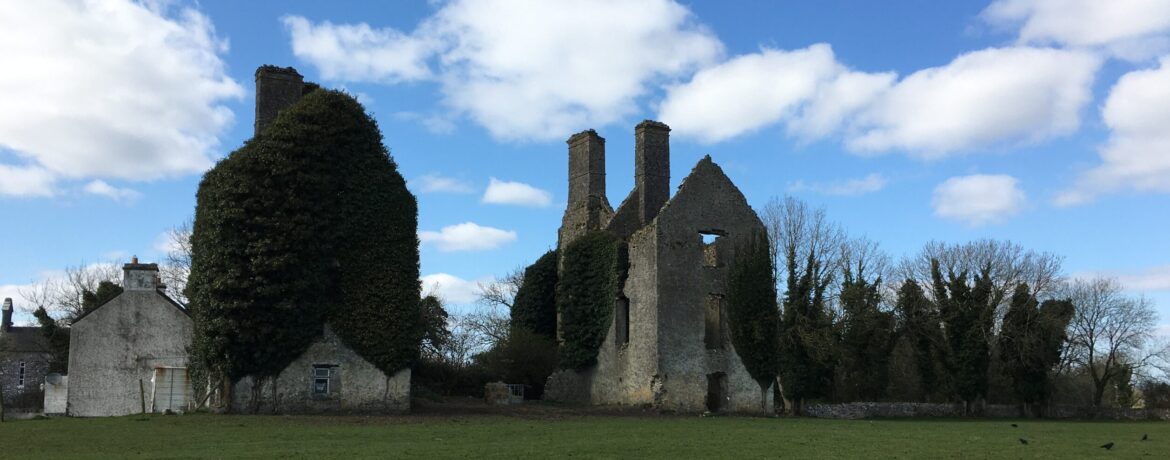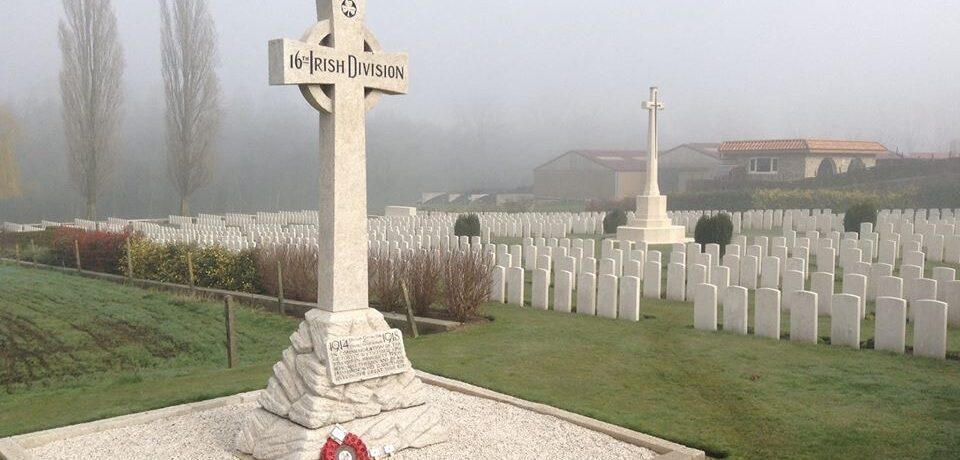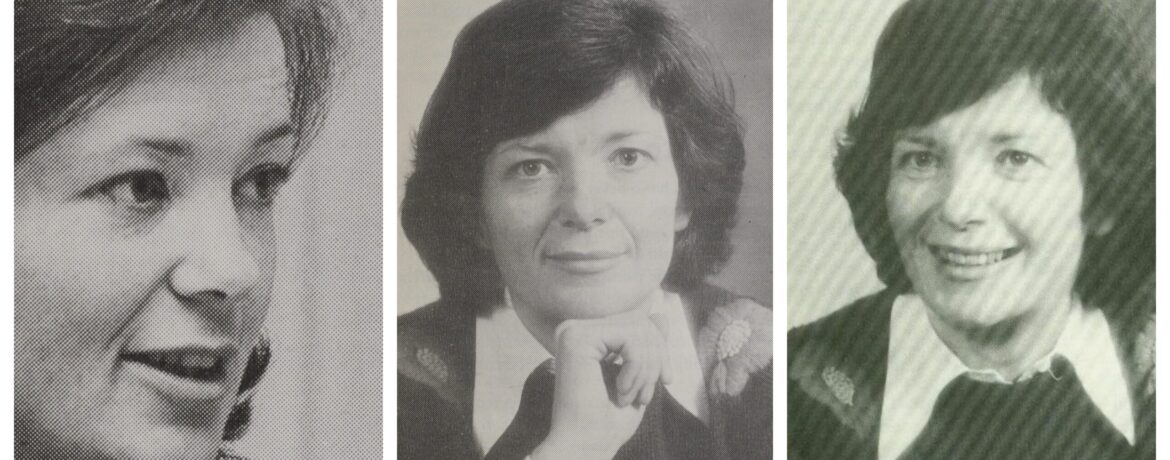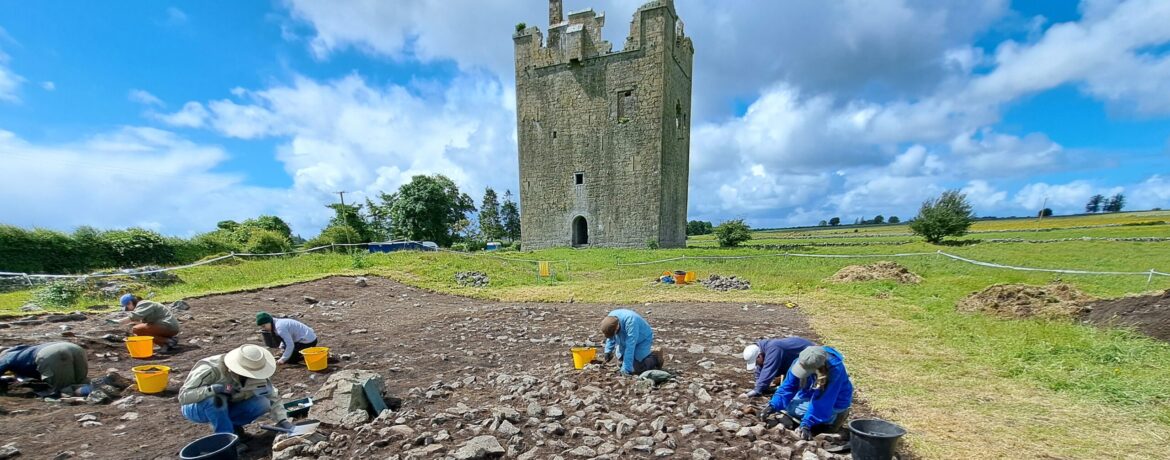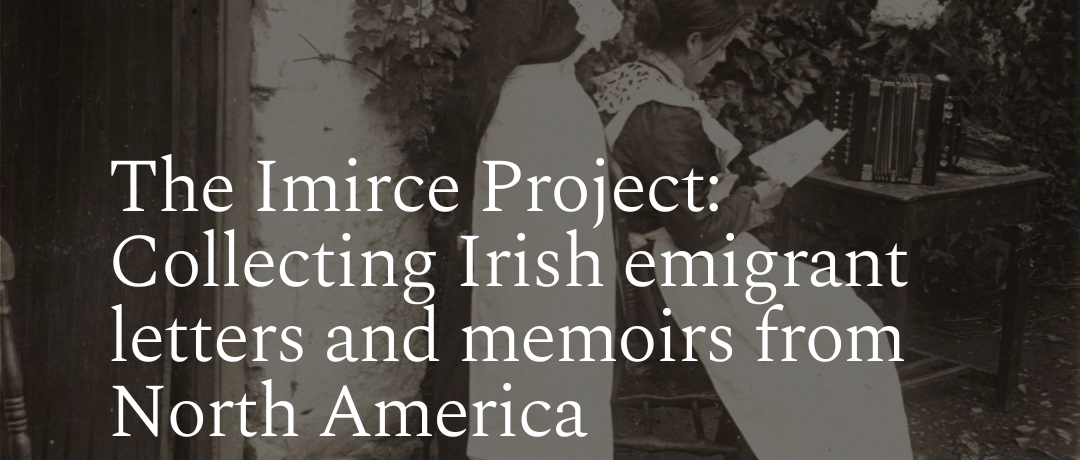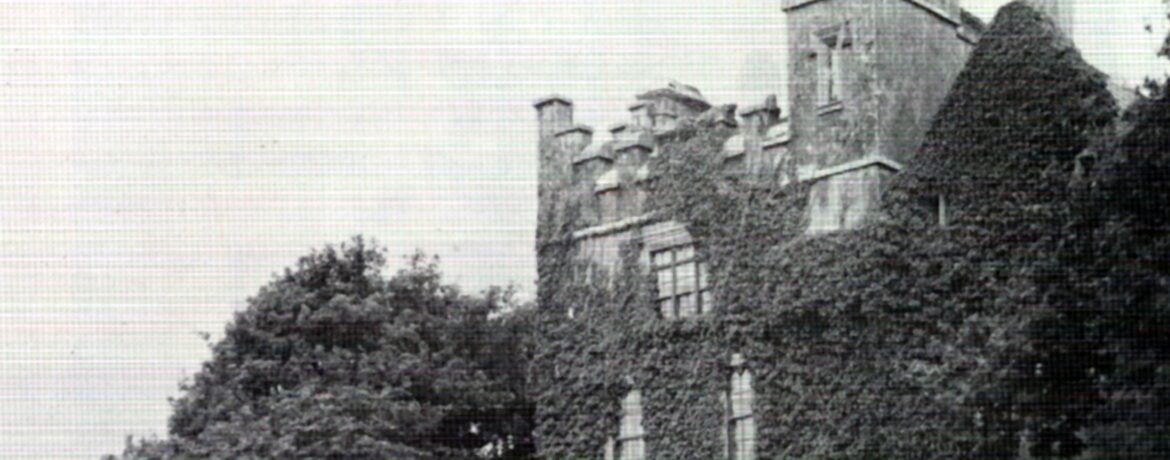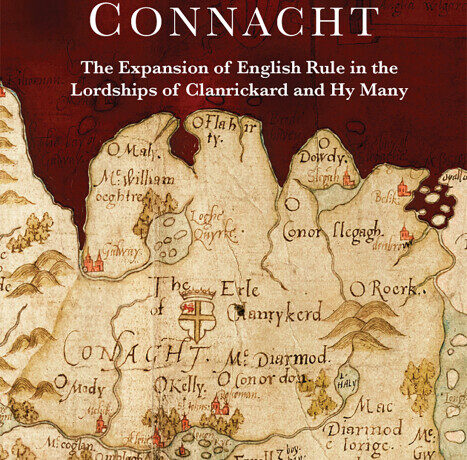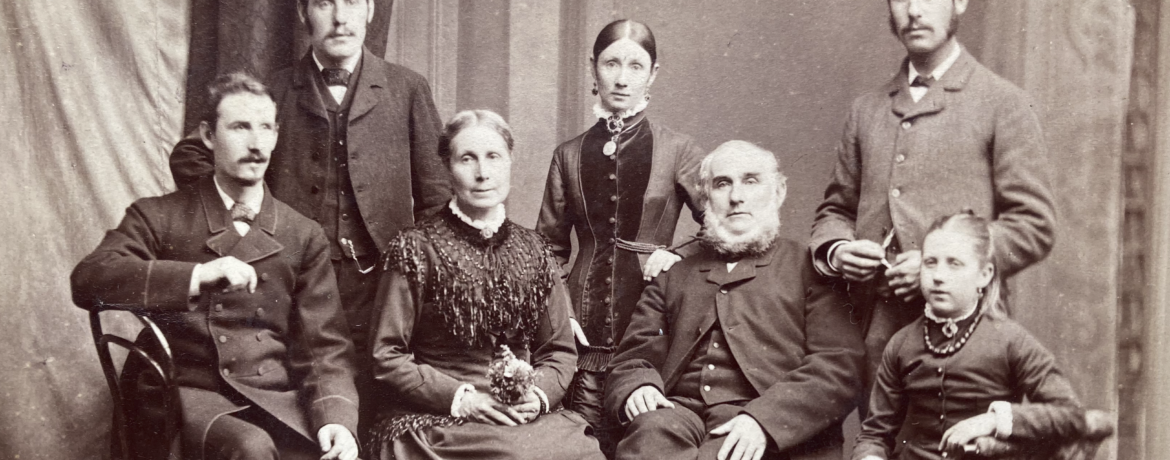
Siblinghood, Guardianship, and Family Responsibility in Nineteenth-Century Belfast
In January 1860, nine-year-old Edmund Garrett arrived back in Belfast from Paris to reside with his uncle and guardian. It followed several years of tense family disagreement over his guardianship which culminated in a fraught civil court case in the south of France where his mother, Emma, accused her cousin of spying on her. The domestic crisis brought to light family secrets, gossip, and sibling allegiances as members of the extended family became – both willingly and reluctantly – involved in the dispute. Despite legal documents stipulating he should reside in Dublin with paternal family members, he remained in Belfast with his mother’s sister. Edmund eventually reflected back on his informal adoption by his uncle as securing ‘a happy outlook on life after such a sad childhood’.This case demonstrates the overlapping loyalties within three intermarried families of the Belfast industrial elite. Being in the same generation, most people have their longest-lasting relationship with a brother or sister. Yet, siblings are often side-lined in favour of looking at the family from a vertical perspective. The relationship between cousins is even less explored. This paper uses sibling and cousin relationships to explore obligation and emotional attachment in the extended Irish family.
Dr… Read the rest
Read more
